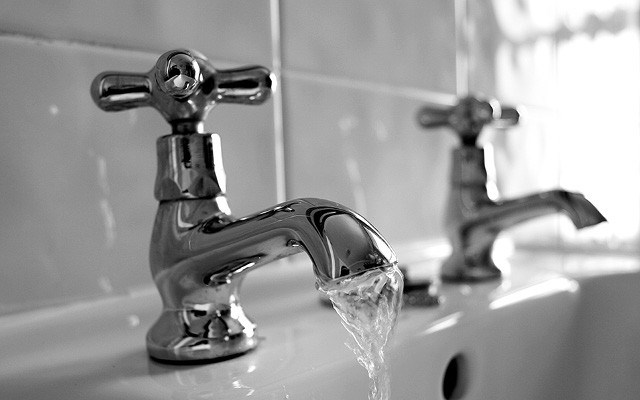With temperatures soaring and no rain in the forecast, the Resort Municipality of Whistler (RMOW) is introducing Level One sprinkling restrictions for all residential and commercial properties.
"The alpine snowpack was very low this year, and so the amount of freshwater that's melting into our main drinking water source — which is 21 Mile Creek — has been reduced," said Whistler Mayor Nancy Wilhelm-Morden.
The problem has been compounded by a dry May and a scorching start to June, Wilhelm-Morden said.
"We have to look for support from everybody in the community to find creative ways to save water, and of course one of the ways of doing that most effectively is to avoid wasting water by irrigating effectively," she said.
Sprinkling restrictions under Whistler's Water Use Bylaw state that even-numbered addresses can water their lawns on Thursdays and Sundays between 4 a.m. and 9 a.m. and between 7 p.m. and 10 p.m.
Odd-numbered addresses can sprinkle during the same hours on Wednesdays and Saturdays.
May temperatures across B.C. were one-to-two degrees warmer than normal in the southern half of the province and two-to-four degrees warmer than normal in the north, according to the provincial River Forecast Centre (RFC).
The RFC's June 1 snow survey found that much of the province's snow has already melted, leading to an earlier-than-normal spring runoff.
At the moment we are two or three weeks ahead of schedule, said RFC head Dave Campbell.
"The trends that we've seen early in the year have really persisted, so very warm winter, not a lot of accumulation," Campbell said.
"As we've transitioned into the spring, we've really just continued that hot weather and it's quite rapidly melted what snow was there."
With rivers hitting peak flows early this year, it could make things difficult in the coming months.
"I think the concern is that this will put additional pressure — as we go through the summer — on flows. If we don't get significant rainfall it could really exacerbate the issues by the time we get into July and August," Campbell said.
Without replenishment from snow at higher elevations, a hot, dry summer could put added pressures on water supplies or fish habitats.
There's also the threat of wildfire. As of June 7, Whistler's Fire Danger Rating is listed at high.
"What that means is that because the forest is so dry it is prone to ignition," said Donna MacPherson, fire information officer with the Coastal Fire Centre.
"We want people to be very careful when they're out in the forest."
Just as B.C.'s rivers are ahead of schedule, so too are its forests, MacPherson said.
"We're anywhere from two weeks to a month ahead as far as the dryness of the forest is," she said.
"We're still hopeful for rain, if we can get some in June. A good soaker would be terrific, but we're not seeing that in our forecast right now."
No campfires are currently allowed in Whistler without a permit, and high-risk construction activities are limited.
Check out www.whistler.ca/services/emergency/fire for more information.




